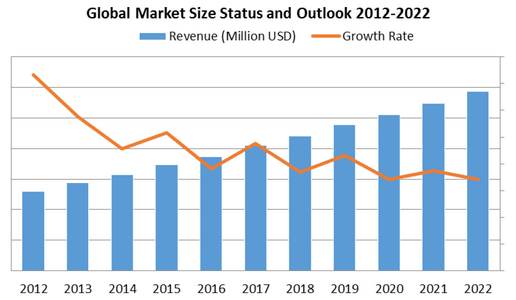The second largest market in terms of growth are professional networks such as LinkedIn, Viadeo, Xing and odnoklassniki.ru. However, the number of players in this field is much more limited, and recruitment is not their only activity, however LinkedIn receives over half of its revenue from recruitment activity. Their business model allows for both BtoC and BtoB services. This site has been growing rapidly for the past few years and is projected to keep doing so.
Aggregators and non-specialised recruitment websites have also increased their shares in the market. Google, Indeed and to a limited extent Facebook control this section of the market. Since only online recruitment websites offer specific key features, these alternative sites often result in the job adverts not being indexed properly.
Nonetheless many businesses have developed attractive and comprehensive career sites. Similar to marketing professionals, recruiters work hard to promote their corporate job sites.



